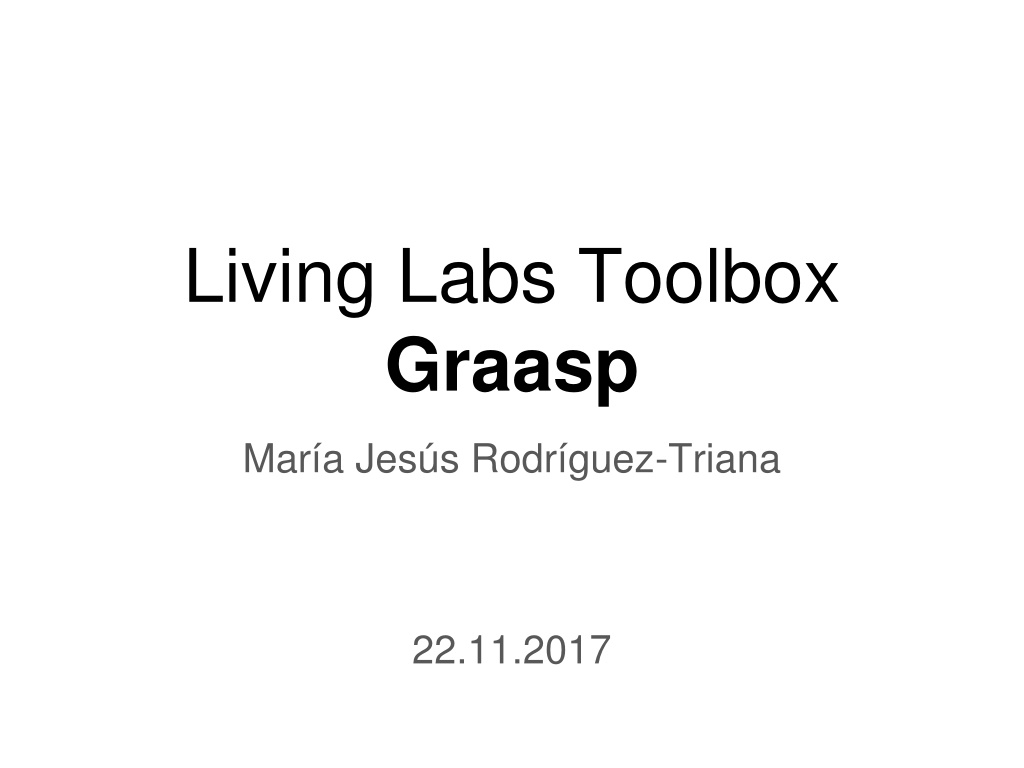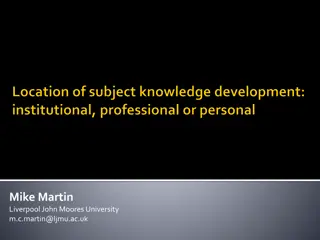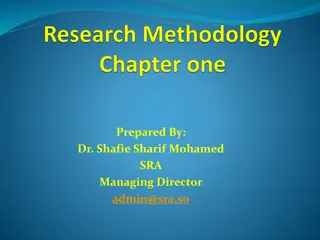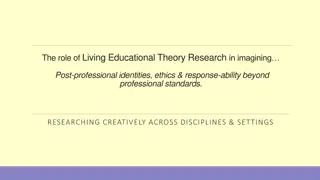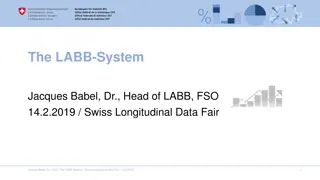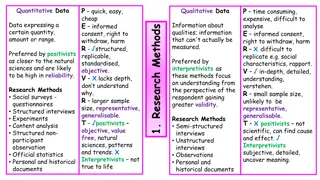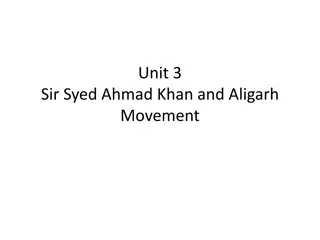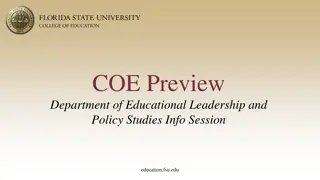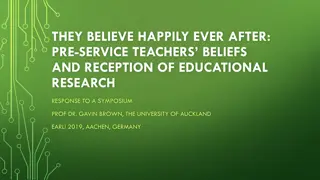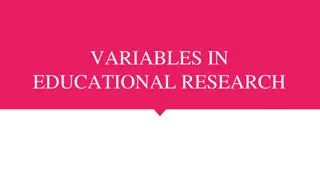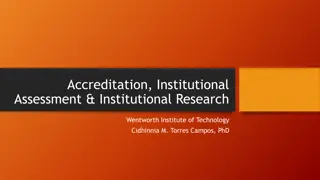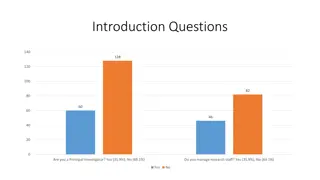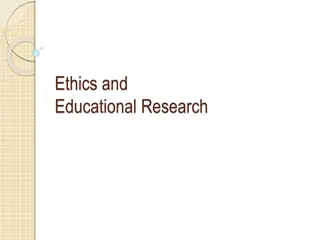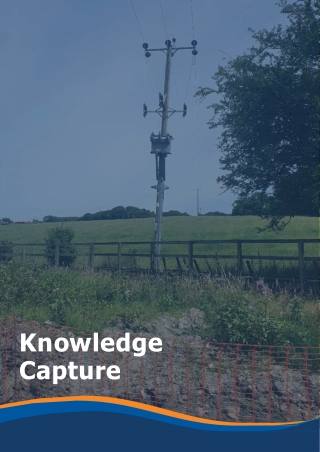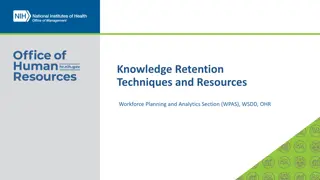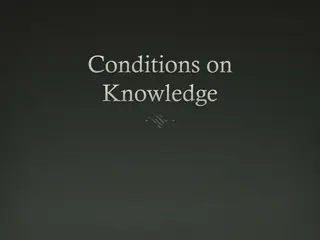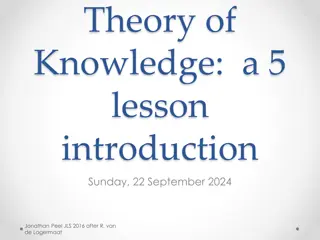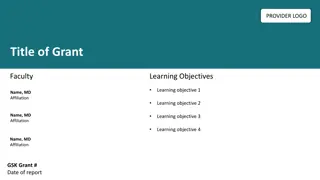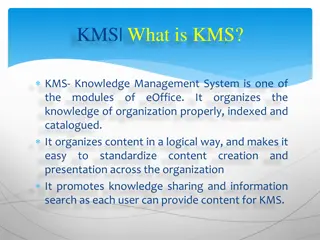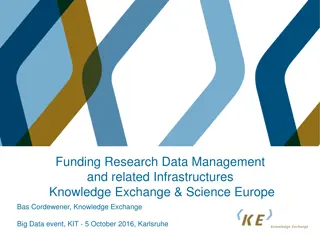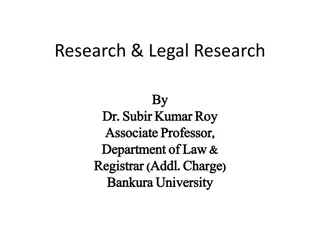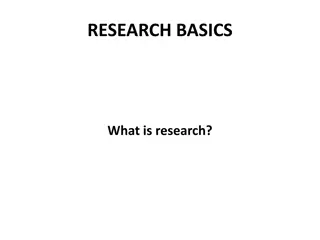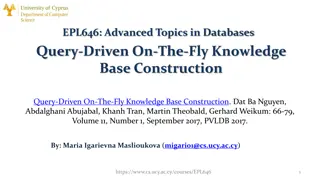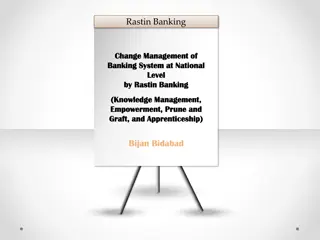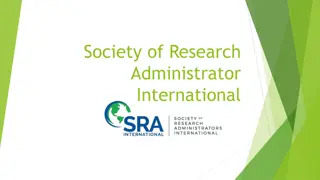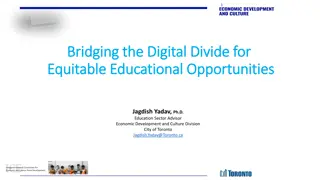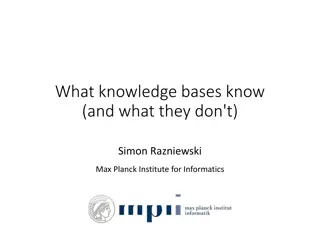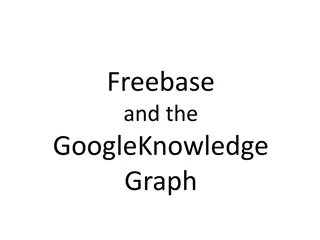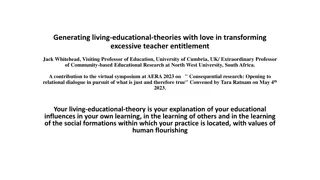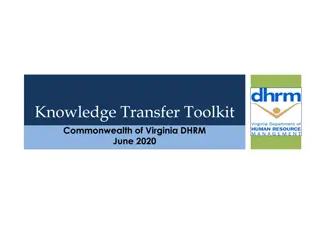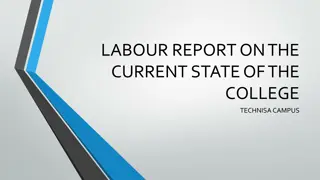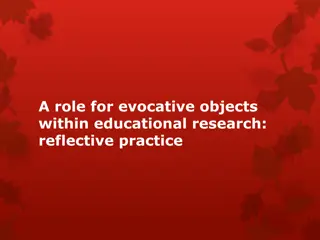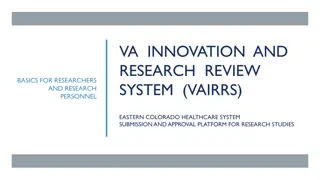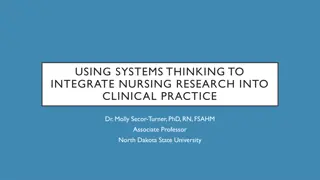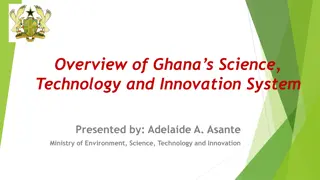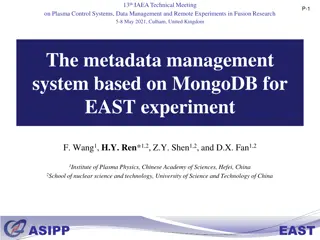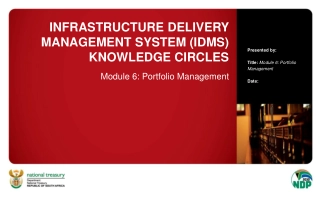Graasp: Knowledge Management System for Educational Research
Graasp is a knowledge management system that supports teachers in inquiry-based learning activities, particularly in the context of Go-Lab. It tracks user actions within an inquiry space, providing valuable data for educational research projects. The platform offers different ways to access data, such as interactive dashboards and downloading raw data. With features for user privacy and ethics, Graasp is a useful tool for educators looking to enhance their teaching practices and analyze student interactions in digital learning environments.
Download Presentation

Please find below an Image/Link to download the presentation.
The content on the website is provided AS IS for your information and personal use only. It may not be sold, licensed, or shared on other websites without obtaining consent from the author. Download presentation by click this link. If you encounter any issues during the download, it is possible that the publisher has removed the file from their server.
E N D
Presentation Transcript
Living Labs Toolbox Graasp Mar a Jes s Rodr guez-Triana 22.11.2017
What is it? How can it be useful in your educational research project? Graasp is a knowledge management system frequently used in educational contexts. It was originally designed for supporting teachers in the creation and enactment of inquiry-based learning situations (especially in the context of Go-Lab). However, it can also be used for teacher inquiry as it has been done already in some pilots. Link: graasp.eu Pros: Open access, no registration needed from students Cons: May require training
What data do you get? Data you get: Actions carried out by users within an inquiry space where you are an owner. Concretely, Graasp registers who, has done what, with which item, when, and where (user location) in the related ILS. Ethics and privacy: The user activity will be only tracked if the teacher enables it. Since students do not have to register in the platform, the student's data is anonymised by default. Only the teacher knows the identities behind the nicknames entered by the students. Data is stored at the Swiss Federal Institute of Technology in Lausanne, Switzerland.
How do you get the data? For each Inquiry Space there are three main ways for accessing data: 1) by means of built in interactive dashboards, 2) through customized dashboards populated with Learning Analytics tools, 3) downloading the raw data of the actions and resources created in the ILS. 1)
How do you get the data? For each Inquiry Space there are three main ways for accessing data: 1) by means of built in interactive dashboards, 2) through customized dashboards populated with Learning Analytics tools, 3) downloading the raw data of the actions and resources created in the ILS. 2)
How do you get the data? For each Inquiry Space there are three main ways for accessing data: 1) by means of built in interactive dashboards, 2) through customized dashboards populated with Learning Analytics tools, 3) downloading the raw data of the actions and resources created in the ILS. http://graasp.eu/api/ils/.../actions 3)
Use case demo: Graasp, an introduction Graasp Intro.mov
Use case demo: Creating an inquiry space Gear ILS Tutorial to create a simple Inquiry Learning Space (ILS) using Graasp.eu, check the result: http://go.epfl.ch/vN
Use case demo: Learning analytics and privacy Learning analytics privacy in Go-Lab This video introduces how you can add learning analytics to your inquiry space in Graasp through creating a simple dashboard. Such a dashboard can be shared with the students or be kept private for the teachers. Additionally, the privacy of the students can be ensured via the AngeLA tracking agent, which is a member of the space and can be added and removed to enable and disable tracking. More learning analytics apps are available on http://golabz.eu/apps http://graasp.eu http://golabz.eu
I want to use it! how do I get it? Graasp is developed and supported by EPFL in Switzerland, but it is free to access and use. It is currently hosted by EPFL. Visit: http://graasp.eu/ and try it! Further information about how to use Graasp for Inquiry may be found at: http://www.golabz.eu/support/videos How do you access the data generated by this tool? Contact Mar a Jes s Rodr guez-Triana, mjrt@tlu.ee
European Unions Horizon 2020 research and innovation programme grant agreement No. 669074 (CEITER)
